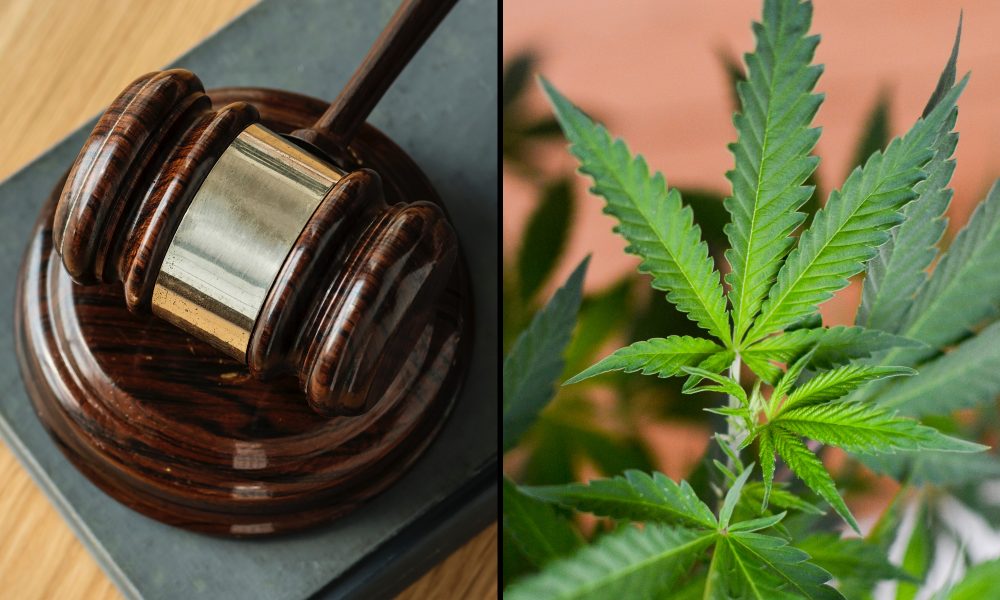“The court also notes that all three rounds of awards have been challenged as legally infirm”
By Alander Rocha, Alabama Reflector
A Montgomery County Circuit Judge Wednesday evening blocked the Alabama Medical Cannabis Commission (AMCC) from issuing licenses for all-inclusive facilities amid ongoing lawsuits over the commission’s selection process.
Judge James Anderson wrote in the order that the commission’s third round of license awards, in December, following two attempts earlier in 2023, started on “uneven grounds” because there are unresolved, ongoing litigation regarding the first two.
“The court also notes that all three rounds of awards have been challenged as legally infirm: the first two rounds of awards were abandoned by action of the commission itself, and now there is a serious question as to whether the third round is also invalid,” Anderson stated in the order.
The judge issued a hold on dispensary licenses last week, but denied a hold on cultivator licenses. Since there were more licenses than eligible applicants—unlike the decision regarding dispensary licenses—the court found that they still had an opportunity to win a license. No action has been taken on other license categories.
Anderson wrote that while he was sympathetic to making medical cannabis available to patients, product availability does not mean the commission will face harm and that the concern had been expressed about six months ago in the first round of licensing.
A message seeking comment was left with the AMCC Thursday morning.
The AMCC argues that it was not a revocation of licenses because they had awarded and not issued the licenses. Dungan said there is no distinction in the law between awarding a license and issuing them, and the law uses the terms “award” and “grant” interchangeably. That distinction is only present in the rules that the commission voted on.
“Since none of those procedural requirements were followed, there were no more licenses to award in December,” he said. “Because under the law, an attempted revocation of a license by an agency that doesn’t comply with the procedures and the Administrative Procedures Act is invalid. It’s void.”
Because there is no lack of distinction in the law between the two terms, Dungan argued that the licenses that were awarded in June were not revoked.
“We do agree that in the event that some appellate court would potentially agree with the Commission and say that what they did in revoking those license was not a revocation and everything was fine—in the event that would happen, then most certainly we agree that what the commission did in December was in violation of its own rules,” he said.
The Alabama Legislature approved a medical cannabis program for the state in 2021, but the bill authorizing the program did not allow licenses to be issued until September 1, 2022. The AMCC began accepting applications late last year.
When the product is available, patients certified by participating physicians will be able to use medical cannabis for 15 conditions, including cancer, chronic pain, depression and Parkinson’s Disease. Patients will have to apply for a card to obtain medical cannabis from licensed dispensers.
The law forbids smoking medical cannabis or consuming it in food. It will be available as tablets, capsules, gelatins, oils, gels, creams, suppositories, transdermal patches, or inhalable oils or liquids. Cannabis gummies will only be allowed to be peach-flavored.
12 applicants vied for the 12 cultivator licenses. Another 12 applied for four available processor licenses, while 18 have applied for the four dispensary licenses. The commission also received 11 applications for the transport license and three applications for testing licenses.
A hearing on a preliminary injunction is set for January 24.
This story was first published by Alabama Reflector.
Congressman Tells DEA To Reschedule Marijuana ‘As Swiftly As Possible’
Photo elements courtesy of rawpixel and Philip Steffan.
Read the full article here

